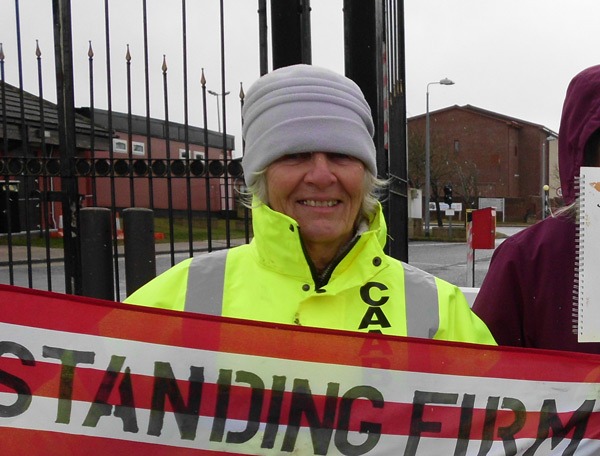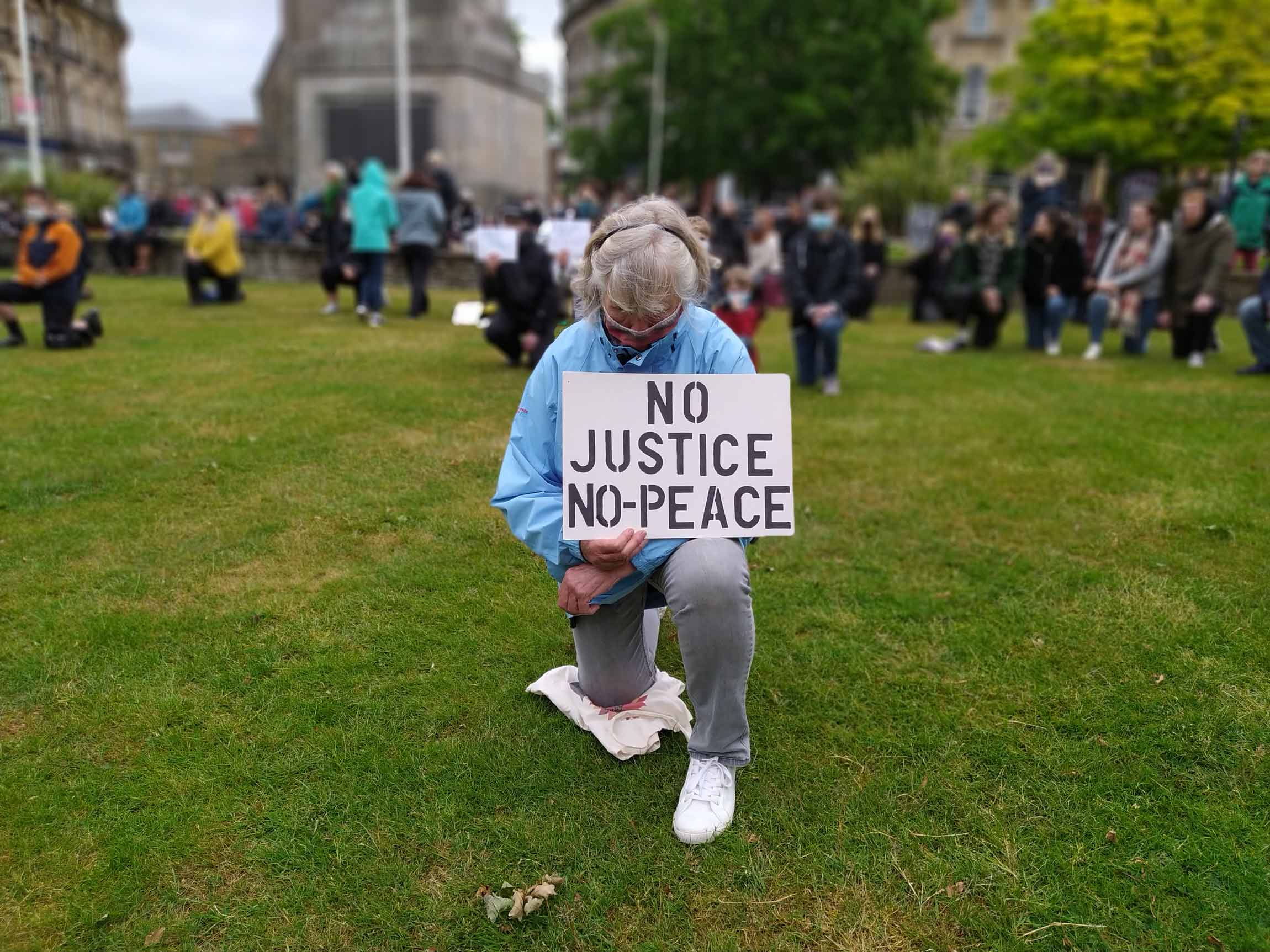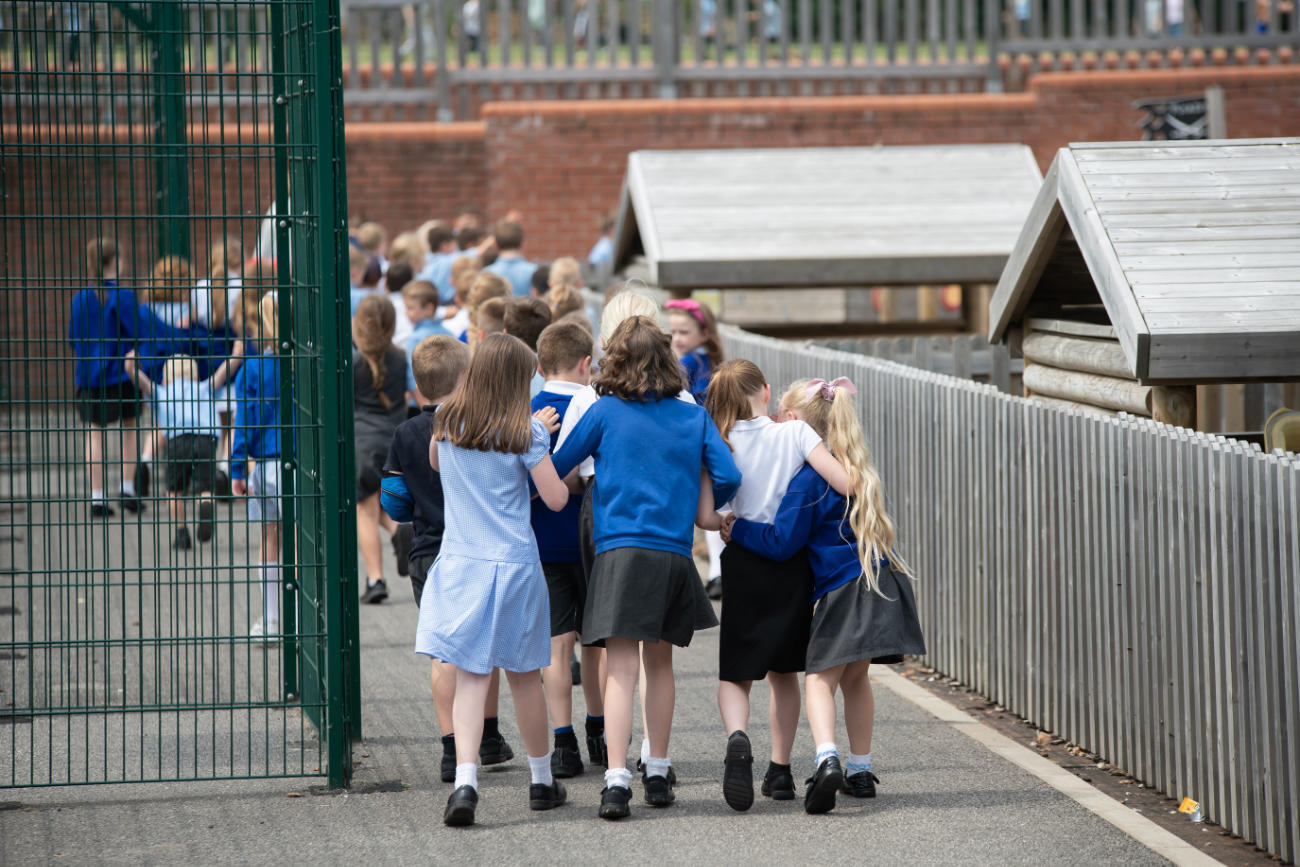The Police, Crime, Sentencing and Courts Bill passed a second reading in Parliament on 16 March 2021.
Lindis Percy is a peace activist in the United Kingdom and founding member and joint coordinator of the Campaign for the Accountability of American Bases, and has been active since 1979.
Lindis Percy Co-Founder of the Campaign for the Accountability of American Bases, CAAB UK:
Started in 2000 the Tuesday evening weekly witness and peaceful protest and other protests at the American base at Menwith Hill will continue once the Covid19 restrictions are lifted.
Protest will offend some and that is the nature of protest.
It is a way for the citizen to right a glaring wrong.
This Bill being rammed through Parliament by the government must and will be resisted.
Andrew Jones MP said:
The Policing and Crime Bill has a wide scope.
It increases maximum sentences for assaults on emergency workers, introduces whole life sentences for the pre-meditated murder of a child, makes life sentences available for courts for those who kills others while drunk driving or racing, protects teenagers from abuse by those in authority, protects our heritage from mindless vandalism and gives greater support for victims of crime – that is why I supported the bill.
It amazes me that anyone could have asked me to oppose a bill containing these measures.
A small part of the bill is about protests. I support strongly the right to protest. Protests can be powerful and change attitudes and society for the better.
I also support the right of people to go about there every day lawful businesses unhindered – to shop, to get to work, to go to the hospital, to travel, to eat out, to see relatives and so on.
When protests regularly, disproportionately and gratuitously disrupt the lives of law-abiding people who are not protesting, and not even the subject of the protest, then I think we have a responsibility to enable that person to go about their business. We also have a responsibility to enable protests to happen at the same time. This bill achieves that.

Count Councillor David Goode said:
Andrew Jones’s protestations that the changes to the act takes existing legislation for mobile demonstrations and applies it to stationary/sit down demonstrations only is wrong.
Current legislation gives the police powers to act against a demonstration if it is proved that a demonstration risks serious public disorder, disruption to the life of a community and damage to property.
The proposed changes to this legislation brings in further restriction of noise or that the demonstration may seriously disrupt activities of an organisation or passers-by. In addition the definition of a protest has been widened to include assemblies and processions and can be applied to one person or more.
Now in my view, a demonstration by its nature could make a noise to bring attention to an issue, peoples views and concerns. How can you have a demonstration in silence! Also a demonstration by its nature will to some degree disrupt the activities of organisation and will impact passers-by. So the changes to legislation effectively lowers the point where Police can intervene giving the Police powers to restrict any demonstration they choose.
While the Government is happy to spend £2.6million on a state of the art communication facility to enable them to get their message out, they are doing everything they can to stop others expressing views that may be counter to their own.
What is even more concerning is that the Home Secretary has given herself the powers to fundamentally change the meaning of the Law at any time with limited or no Parliamentary scrutiny. How did we get to the point where the Government is attacking the fundamental basis of our democracy without a massive public outcry? Perhaps it is concerns about public backlash that is motivating Government changes to this legislation.
Clauses in Bill affecting ‘right to protest’
Protests
Part 3 (clauses 54 to 60), of the Bill would make major changes to the way protests are policed in England and Wales.
- Clauses 54 to 56 and 60 would amend police powers in the Public Order Act 1986 so police can impose conditions on protests that are noisy enough to cause “intimidation or harassment” or “serious unease, alarm or distress” to bystanders.
- Clauses 57 and 58 would amend provisions in the Police Reform and Social Responsibility Act 2011 to expand the “controlled area” around Parliament where certain protest activities are prohibited. It would also add obstructing access to the Parliamentary Estate to the activities prohibited in the “controlled area”.
- Clause 59 would abolish the common law offence of public nuisance and replace it with a new statutory offence of “intentionally or recklessly causing public nuisance”.
The Bill’s Explanatory Notes say the measures are necessary because recent
- Changes in the tactics employed by certain protesters, for example gluing themselves to buildings or vehicles, blocking bridges or otherwise obstructing access to buildings such as the Palace of Westminster and newspaper printing works, have highlighted some gaps in current legislation.
REFERENCE https://commonslibrary.parliament.uk/research-briefings/cbp-9164/
What makes up the Right to Protest?
Freedom of speech and the right to protest peacefully are protected by the law (both the common law and the Human Rights Act 1998).
Under the European Convention on Human Rights (ECHR), which is given effect by the Human Rights Act, Articles 10 (Freedom of Expression) and 11 (Freedom of assembly and association) are most relevant.
However, freedom of speech and the right to peaceful protest are not absolute and the exercise of those rights can be restricted.
Lindis Percy said:
Protest means the citizen can put wrongs right as we have at Menwith Hill and other US bases and can be an effective way of change.
People have struggled and died for centuries to obtain our civil liberties – peaceful protest is a precious civil liberty –
The right to protest government now snuffing those out this right and ramming a Bill through Parliament.
It is very restrictive, draconian and authoritarian passed because of huge Tory majority
Tories are intent on these dacronian changes and also are looking at the Human Rights Act 199







